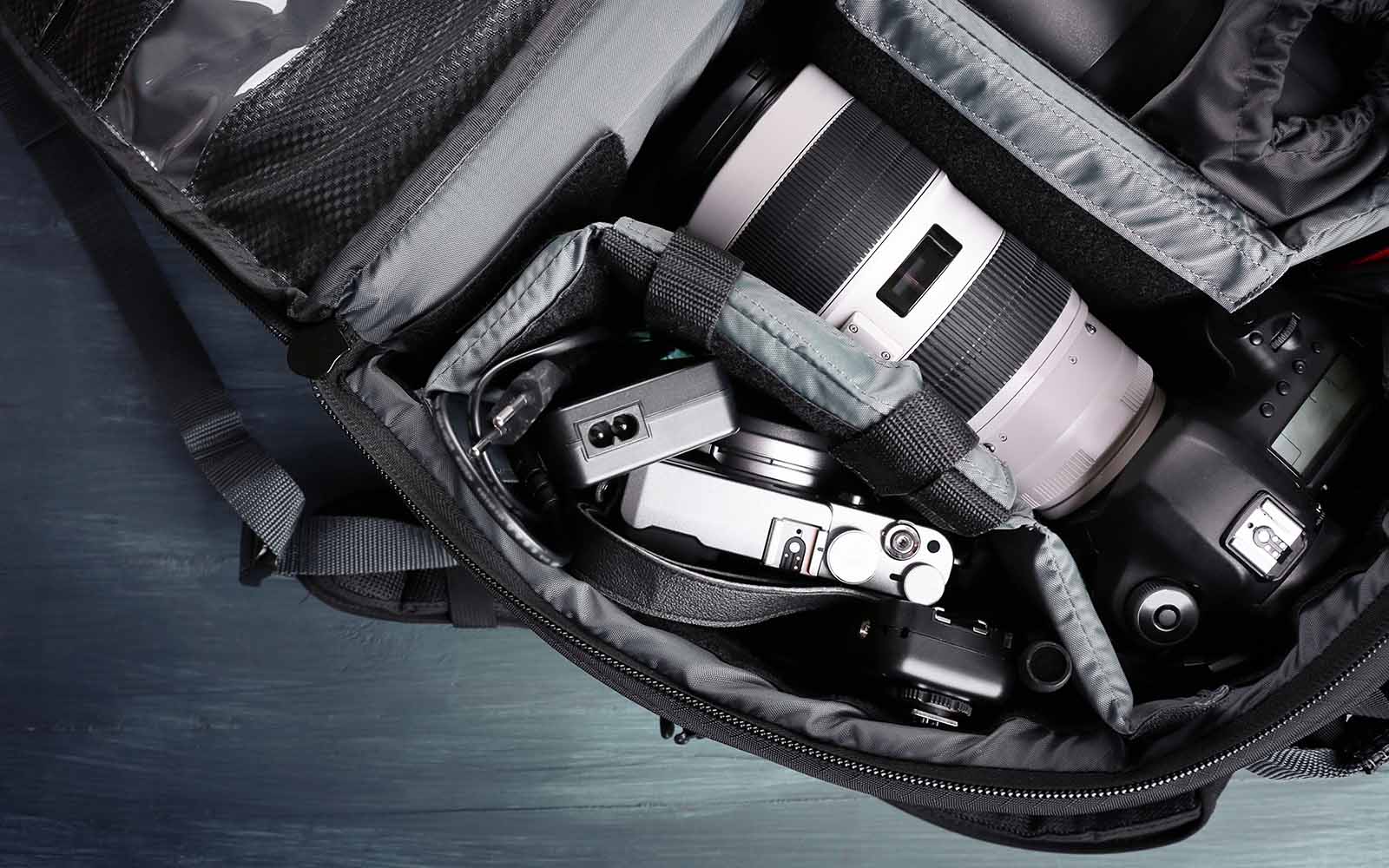Does the idea of being a full-time photographer sound like a dream, but a distant one? Not many people going from then 9-5 life to professional photographer overnight. Instead, they start a small photography business on the side and build it up until it’s sustainable to run full-time.
I’ve got 5 small photography business ideas for you to consider achieving that dream of calling yourself a pro. You can set up and run a small business in the evenings and weekends around your family life and other duties.
Family portrait photography feels like it will never be a bad business idea. There are always going to be families and they’ll always want photos of themselves or their kids – solid idea, right?
Keep the business simple and effective. Instead of hiring a studio offer short photoshoots at the client’s home (so the kids are comfortable with the surroundings) or at a nearby woods/park/forest.
The point is to keep expenses low. If you’re shooting in someone’s home and still want the ‘studio-look’ invest in a small backdrop and frame that you can reuse again and again.
Purchase a couple of LED panels as your key lights and shoot with a short zoom lens. Keep your shoots consistent with the same poses and camera settings. You’ll be able to batch edit your photos if the lighting is the same throughout saving time.
Bundle the photoshoot together with a number of edited hi-res digital images so the client knows exactly what they’ll get afterwards. It means they’re responsible for printing and designing albums which again keeps the expenses low for you.

Image: Discover how to build your portrait photography skills in our dedicated course.
Shooting products is a really fun small photography business idea. You can do it from home, and it’ll help you build your portfolio until you’re ready to branch out.
Begin by using a few items from around the house, wine bottles, tea sets, tins and perfume boxes are great places to start. Purchase a small light tent with LED ring lights to use as your home photo studio.
In the hope of growing your portfolio and opportunity upload your photos online and tag the relevant brands whose products you feature. This kind of networking is how freelance photographers pick up commissions sometimes.

If you’re quite handy with Photoshop (or something similar) why not hire your hands out as a photo retoucher? Many professional photographers are too busy to edit their own photos and regularly outsource this job to freelancers online.
Sign up for freelancing sites such as Fivver, set out your hourly free and post examples of your work to get started. Being consistent, fast and willing to go the extra mile can win you more jobs and improve your reputation when competing against others for gigs.
Learn all you can about retouching and ways to improve the quality of a photo in the given software you use. Some retouchers offer their services based on an hourly rate or sometimes a per-completed photo rate.
Do a benchmark test on a range of photos and time how long it takes for you to complete a full retouch and what that time translates into to make sure you’re always making a profit for your small photography business.

Whether you live in a big city, sprawling town or little village there’s always a local business you can help out as a photographer. If you’re a confident extrovert speak to local business owners and offer your services as a photographer.
Take photos of their shop fronts, interiors, products, staff at work etc and give them the option to purchase these images as prints for the walls (in a cafe for example) or to use on their website/socials.
The benefit of keeping it local is that it builds ties between you and the business owners who will always need updates as their business grows. Becoming the ‘go-to’ photographer for commercial photos in a small town is a great way to build your own small photography business into something more regular.

If you’ve spent a few years as an amateur photographer and you want to share your knowledge consider running a photography workshop.
Advertise your events to other shooters through your own website and social media. Plan out a specific purpose of your workshop, how long it will take and what they’ll learn.
Set yourself a maximum attendance, keep it small for the best opportunity to teach others and make sure you give everyone 1-2-1 time to make them feel valued and helped.
Stick to locations and subjects that you know inside out. Don’t offer workshops to places you’ve never been before. The more knowledgeable about the subject and location the better the education you can offer.

In summary, setting up a small photography business isn’t as hard as it may seem on the surface – it’s keeping it going that’s the harder part. But it doesn’t have to be hard when you’ve got the right marketing tools and a clear understanding of how to reach your target audience.
Bookmark this article about small photography business ideas so you can find it again in the future. If you’ve got any other questions about photography chances are you’ll find the answers in our other articles and tutorials below.
Discover TOP features in the Lightroom CC mobile app with this guide for enhancing your photo editing skills. For desktop and tablet too.
Shooting sunsets using amazing 5-in-1 magnetic lens filters from Kentfaith, the 1st choice for photo & video products.
Popular memory cards for photography – what’s the best SD card for your digital camera? Choose the right capacity and class speed in our guide
Learn the basics of photography – fast – with our FREE 60-Second Photographer online course. Each class is short and sharp with simple, actionable steps that give you immediate results.
x 30 lessons

© iPhotography™
Become a confident and competent photographer in less than 30 minutes!
Before you leave, make sure you’ve secured your FREE online photography course (worth £29.99)
Each class is just 60-seconds or less making it the fastest and easiest way to learn photography!